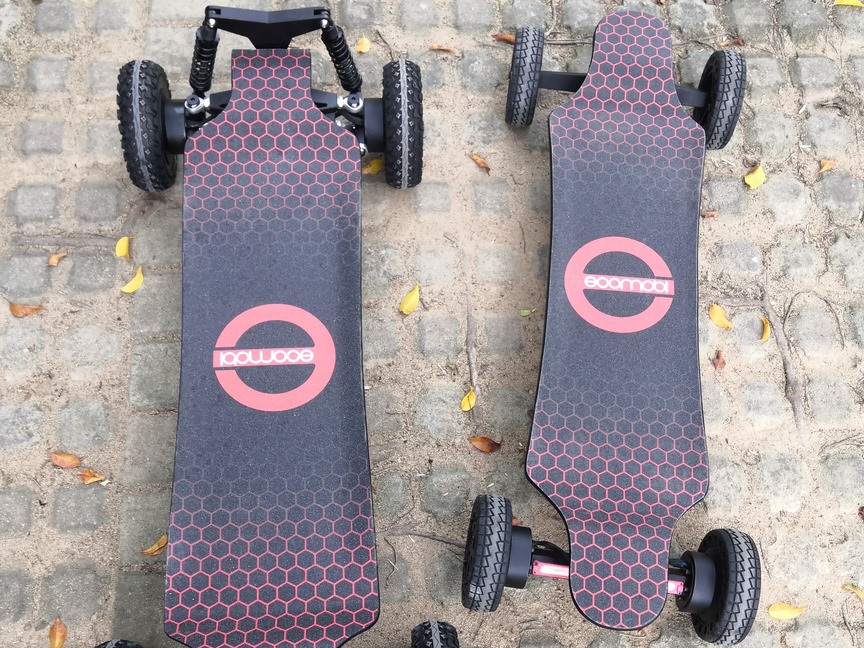This article will give us an insight into mountainboard.
Freestyle mountainboarding is an exhilarating sport that combines elements of snowboarding, skateboarding, and mountain biking. It involves riding a specially designed board with large pneumatic tires down hills and performing tricks and jumps on various terrains. To become a master in this sport, it is essential to follow step-by-step progression strategies that will help you develop the necessary skills and techniques. In this article, we will explore these strategies in detail and provide you with valuable insights to enhance your mountainboarding journey.
Building a Strong Foundation
Before diving into the world of freestyle mountainboarding, it is crucial to build a strong foundation of basic skills. This includes mastering the art of balance, learning how to control your speed, and understanding the fundamentals of carving and turning. These foundational skills will serve as the building blocks for more advanced maneuvers and tricks.
One effective way to develop these skills is by starting on gentle slopes and gradually progressing to steeper terrain. This allows you to gradually increase your confidence and control while minimizing the risk of injury. Additionally, practicing on different types of surfaces such as grass, dirt, and gravel will help you adapt to various conditions and improve your overall riding ability.
Progressing to Tricks and Jumps
Once you have established a solid foundation, you can start exploring the world of tricks and jumps in freestyle mountainboarding. This is where the real excitement begins! Begin by learning basic tricks such as ollies, grabs, and spins. These tricks involve using your body and board to perform aerial maneuvers and add style to your riding.
When attempting jumps, it is essential to approach them with caution and gradually increase the difficulty level. Start with small jumps and gradually progress to larger ones as you gain confidence and control. Remember to always wear protective gear such as a helmet, knee pads, and elbow pads to ensure your safety during these high-intensity maneuvers.
Mastering Advanced Techniques
As you become more proficient in freestyle mountainboarding, you can start mastering advanced techniques that will take your riding to the next level. This includes learning advanced tricks such as flips, rotations, and slides. These maneuvers require a combination of skill, precision, and creativity, and can be challenging to master.
One effective way to improve your skills is by studying videos and tutorials of professional mountainboarders. Analyze their techniques, body positioning, and timing to gain valuable insights that you can apply to your own riding. Additionally, participating in mountainboarding clinics and workshops can provide you with hands-on guidance from experienced riders and help you refine your techniques.
Continual Progression and Exploration
Freestyle mountainboarding is a sport that offers endless possibilities for progression and exploration. Once you have mastered the basics and advanced techniques, you can continue pushing your limits and experimenting with new tricks and styles. This is where your creativity and individuality can shine through, as you develop your own unique riding style.
Remember to always prioritize safety and ride within your limits. Freestyle mountainboarding can be physically demanding and potentially dangerous, so it is important to listen to your body and take breaks when needed. Stay motivated, practice regularly, and never stop learning and improving.
Conclusion
Mastering freestyle mountainboarding requires dedication, perseverance, and a step-by-step progression approach. By building a strong foundation, progressing to tricks and jumps, mastering advanced techniques, and continually exploring new possibilities, you can become a skilled and confident mountainboarder. So grab your board, gear up, and embark on an exciting journey of progression and self-expression in the world of freestyle mountainboarding!
